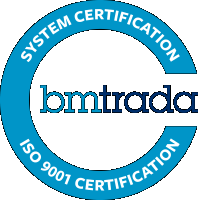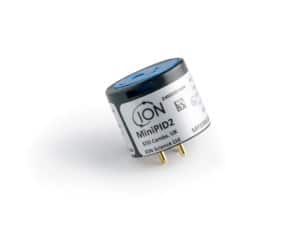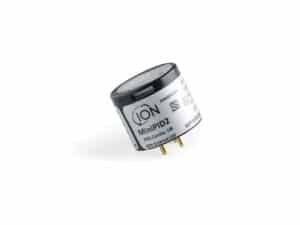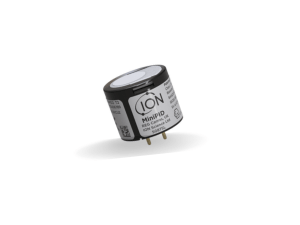
The need for fast VOC detection in safety-critical petrochemical environments
Petrochemical production, storage and transportation create complex safety-critical working environments, with even more complex gas detection requirements and the need for fast VOC detection.
These safety-critical situations present serious demands to site operators as fast, accurate and reliable gas detection helps protect plant, equipment, revenue streams, and more importantly the workforce.
To maintain maximum plant and workforce safety, rapid detector response with accurate measurement and total detector reliability are key. That’s why astute plant operators choose Ion Science advanced patented Fence Electrode technology when evaluating and specifying VOC gas detection instrumentation.
One critical reason for this is the understanding that conventional photoionisation (PID) technologies become increasingly inaccurate when subjected to contamination and relative humidity (RH). Although humidity is not just restricted to regions of the world where high ambient humidity is a known issue, it can frequently be caused by such events as calibration of an instrument in an air-conditioned environment such as a site office before use outside in ambient temperatures.
This error can create considerable site safety hazards as under these circumstances’ measurements without Ion Science Fence Electrode Technology will become inaccurate at values of around 60% error at ≥90% relative humidity (RH). This can lead to significant danger when measuring or detecting solvents, fuels, chlorinated degreasers, benzene and heat or transfer fluids for example, or when monitoring some inorganic vapours such as ammonia and hydrogen sulphide.
To mitigate error due to humidity, our competitors developed a range of humidity compensation tactics. These include fitting humidity sensors to the PID and using sensor data to provide a compensating algorithm, or using desiccant tubes placed in the sensor inlet to dry the gas stream, or humidifying the calibration gas by running it through a Nafion tube to equilibrate it with the ambient air humidity.
Generally these workarounds have a poor effect on accuracy and reliability. They can significantly slow measurement response and clear-down times, which in a fast-unfolding petrochemical plant situation, can cause a routine situation to become a hazardous one very quickly.

At ION Science, we decided these conventional PID systems with their generally variable workarounds were not appropriate in safety- critical environments such as the petrochemical industry, so our development teams sought to identify an alternative technology. After much exhaustive research and development activity, ION Science advanced Fence Electrode technology was developed.
Through extensive and rigorous testing, this technology proved to deliver fast, accurate and reliable measurement under a range of challenging conditions proving to be largely unaffected by humidity and contamination.
The reason for this is that the Fence Electrode allows the humidity to pass directly through the detector with minimum reduction or interference to the PID and the VOC signal. This results in fast, reliable and uninterrupted measurement.
This advanced technology, due to its relatively low contact with humidity and contamination, delivers faster response times with rapid clear- downs.
In fast evolving situations where clear, accurate measurement may be critical to petrochemical plant safety and workforce wellbeing, our advanced Fence Electrode technology helps to deliver complete confidence.
For more information on fast VOC detection instruments, please contact us on:
or telephone: +44 (0) 1763 208 503.
Application Article
Everything you need to know about the need for fast, accurate and repeatable VOC detection in safety-critical petrochemical environments
Our Application Articles are available to download below, they provide you with key information on the exposure limits and the locations of where potentially harmful gases can occur within your application and share information on the gas detection monitoring techniques and equipment that can help you manage gas detection in the workplace.









 United Kingdom
United Kingdom






